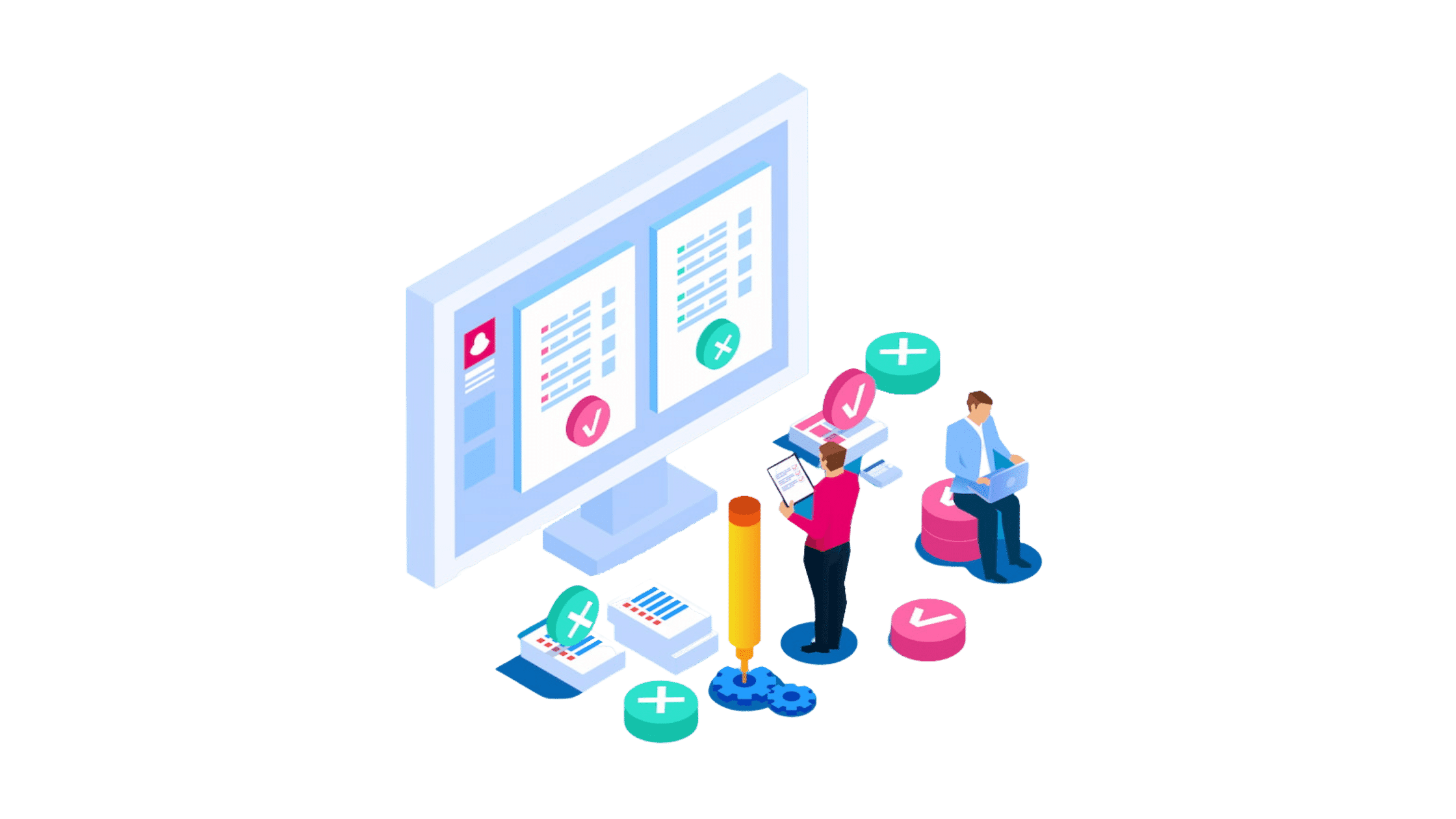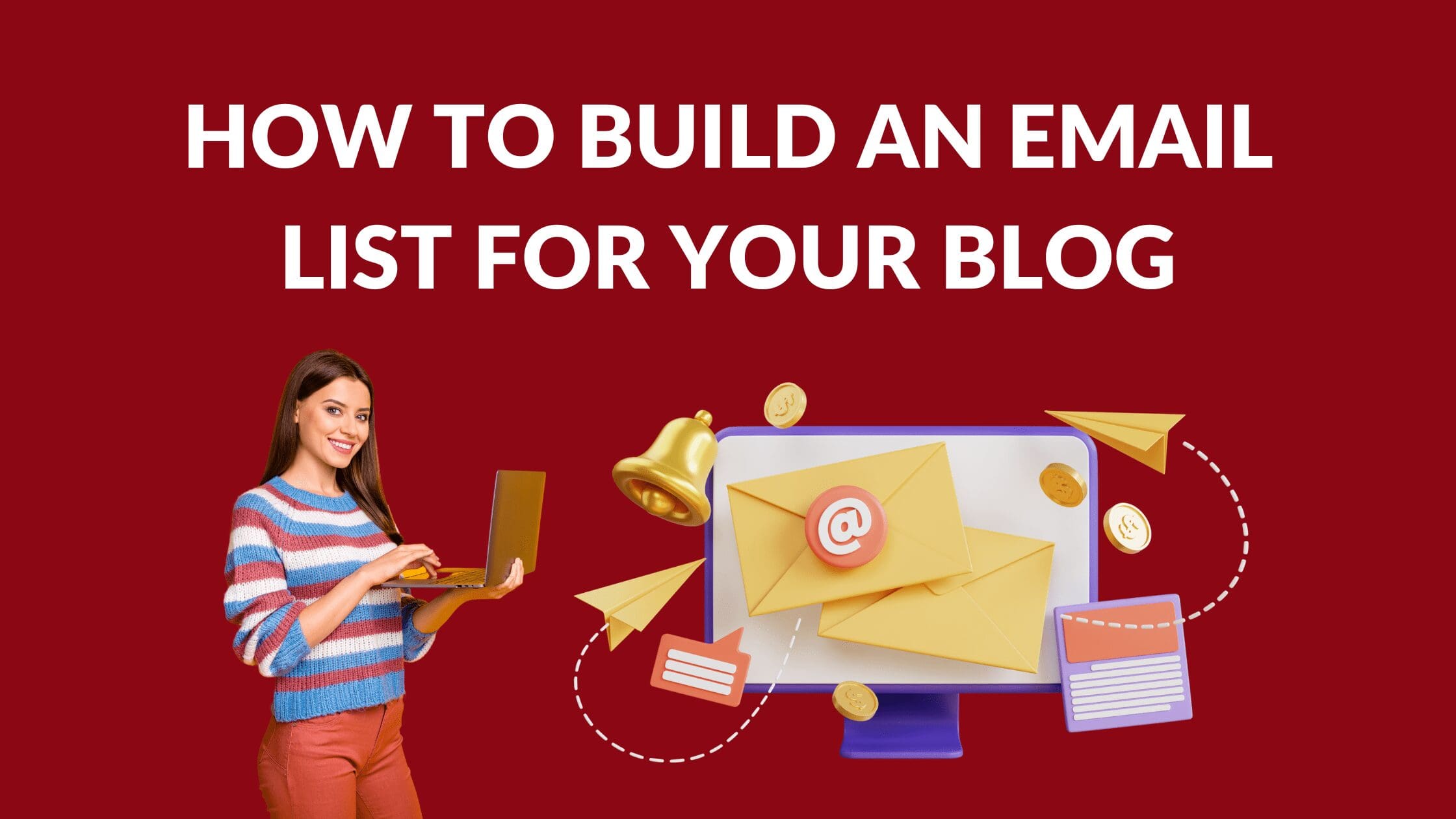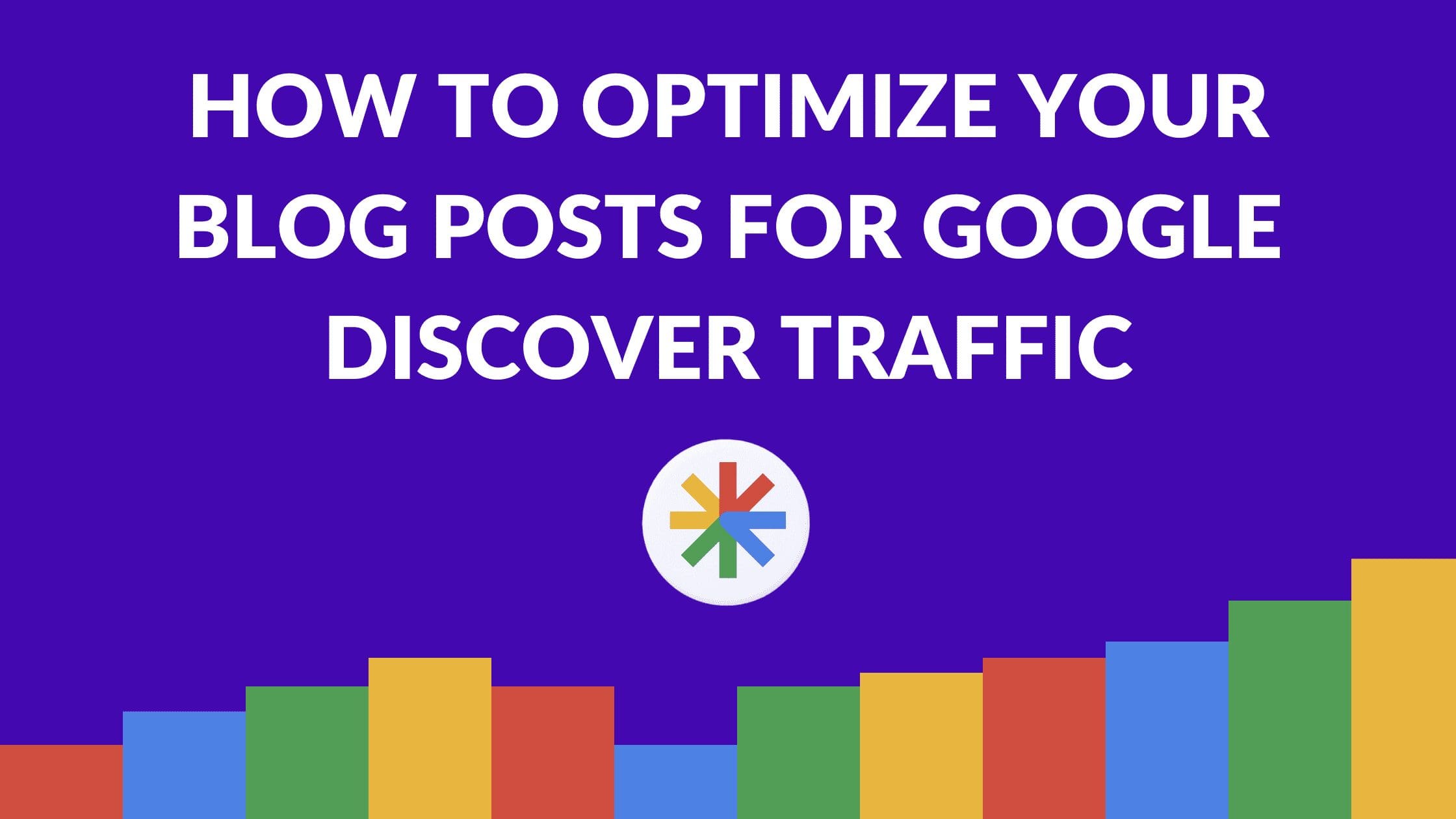Can Bloggers Succeed Without Social Media?

Written by Casey Botticello
Disclosure: Some of the links below are affiliate links, meaning that at no additional cost to you, I will receive a commission if you click through and make a purchase. Read our full affiliate disclosure here.
One of the most frequently asked questions by new bloggers is some variation of:
Can bloggers succeed without using social media?
In most cases, the blogger is worried that, in order for their blog posts to receive enough traffic, they will need to be active on social media.
And this is a valid concern. While you can create a completely anonymous blog, it becomes very hard to remain anonymous when you’re promoting your own content on social media.
You may also just be tired of the negativity or chaos of social media, which would be a strong deterrent to blogging (if it did require an active social media presence).
Luckily, successful blogging does not require any social media presence.
Social media platforms can drive huge amounts of traffic, but they are usually not the cornerstone of a blogger’s strategy.
In this article I’ll elaborate on this answer to the question of whether bloggers can be successful without using social media, providing a number of alternative sources of traffic.
What Are The Benefits of Social Media to Bloggers?

It’s hard to explain the solutions to not having a social media presence without first addressing what shortcomings bloggers who don’t use social media, have.
Using social media as a blogger offers numerous benefits that can help expand your online presence, increase engagement, and drive traffic to your blog. Some of the key benefits include:
- Increased exposure: Social media platforms provide a vast audience base, allowing you to reach more people and share your content with a wider range of individuals.
- Networking opportunities: Social media platforms allow you to connect with other bloggers, influencers, and industry professionals, fostering collaboration and potential partnership opportunities.
- Audience engagement: Social media platforms provide an interactive space where you can engage with your audience directly, allowing you to respond to comments, answer questions, and gather feedback on your content.
- Targeted promotion: Social media platforms offer various targeting options, enabling you to promote your blog posts to specific audiences based on demographics, interests, and behaviors.
- Drive traffic: By sharing your blog content on social media, you can encourage readers to visit your blog, boosting overall traffic and potentially increasing ad revenue.
- SEO benefits: Social media engagement can indirectly benefit your blog’s search engine optimization (SEO). Sharing your content and receiving engagement in the form of likes, comments, and shares can signal to search engines that your content is valuable, potentially improving your search ranking.
- Brand building: Consistently sharing high-quality content and engaging with your audience can help you establish a recognizable brand and build a loyal following.
- Cost-effective marketing: Most social media platforms offer free registration and usage, making them an affordable way to promote your blog and reach new audiences.
- Analytics and insights: Social media platforms provide data and insights on how your content is performing, helping you make informed decisions about what to post, when to post, and how to engage with your audience.
Alternatives to Using Social Media as a Blogger

While there are clearly a number of benefits to using social media as a blogger, all of these features of social media can be substituted for another blogging marketing strategy.
1. Email Marketing

Email marketing can serve as an effective alternative or supplement to social media marketing for bloggers. While it may not offer all the advantages of social media, it can still provide significant benefits in terms of audience engagement, traffic generation, and brand building. Here’s how email marketing can compensate for some of the advantages mentioned above:
Direct communication: Email marketing allows you to reach your subscribers directly in their inbox, offering a more personal and targeted form of communication compared to social media platforms where your content may get lost in the noise.
Higher engagement rates: Emails often have higher open and click-through rates than social media posts, as subscribers have actively opted in to receive your content and are more likely to be interested in what you have to say.
Targeted promotion: With email marketing, you can segment your audience based on demographics, interests, and behaviors, allowing you to send tailored content that resonates with specific groups of subscribers.
Traffic generation: By including links to your blog posts in your emails, you can encourage subscribers to visit your blog, driving traffic and potentially increasing ad revenue.
Building a loyal audience: By consistently delivering valuable content through email, you can establish trust with your subscribers and foster a loyal audience who are more likely to share your content and recommend your blog to others.
Control over your audience: Unlike social media platforms, where algorithms can limit your reach, email marketing allows you to have full control over your audience, ensuring that your content reaches those who are interested in it.
Cost-effective marketing: Email marketing can be an affordable way to promote your blog, especially when using free or low-cost email marketing platforms.
Analytics and insights: Email marketing platforms offer detailed analytics on open rates, click-through rates, and other key performance indicators, helping you optimize your campaigns and better understand your audience’s preferences.
2. Organic Search Traffic

Organic traffic, which refers to visitors who find your website through search engines like Google, can serve as a valuable alternative or supplement to social media for bloggers. By focusing on optimizing your blog for search engines, you can attract a steady stream of traffic without relying solely on social media platforms. Here are some ways that organic traffic can provide advantages over social media traffic:
Sustainable traffic source: Organic traffic can be more sustainable in the long run, as it doesn’t rely on constantly creating and promoting new content on social media. As long as your content remains relevant and valuable, it can continue to attract visitors from search engines over time.
Higher intent audience: Users who find your blog through search engines are often actively looking for information, solutions, or answers to their questions. This means they may be more engaged and more likely to convert (e.g., subscribe, make a purchase, etc.) compared to users who come across your content casually on social media.
Lower competition: While social media platforms are often crowded with content from various sources, ranking high on search engine results pages (SERPs) can help you stand out and capture the attention of users searching for specific topics or keywords.
Improved credibility: Appearing high in search engine results can lend credibility to your blog, as users tend to perceive top-ranking sites as more trustworthy and authoritative.
Cost-effective: Attracting organic traffic doesn’t require the same level of financial investment as paid advertising or promoted social media posts. By focusing on search engine optimization (SEO) best practices, you can improve your organic search rankings without incurring significant costs.
Better targeting: By optimizing your content for specific keywords and search queries, you can attract a more targeted audience that is interested in your niche or topic.
3. Paid Search Traffic

Paid traffic, which refers to visitors who arrive at your blog through paid advertising campaigns, can also serve as an alternative or supplement to social media for bloggers. Some of the benefits of paid traffic for bloggers include:
Immediate results: Unlike organic traffic, which can take time to build, paid traffic can deliver immediate results, driving visitors to your blog as soon as your ad campaign goes live.
Targeted audience: Paid advertising platforms offer advanced targeting options, allowing you to reach specific demographics, interests, and behaviors, ensuring that your ads are shown to users who are most likely to engage with your content.
Scalable: Paid traffic is scalable, meaning you can adjust your budget and reach according to your goals, whether you’re looking to test a new strategy or expand your audience quickly.
Measurable results: Paid advertising platforms provide detailed analytics, enabling you to track the performance of your campaigns, measure return on investment (ROI), and make data-driven decisions to optimize your efforts.
Control over ad placements: With paid advertising, you can control where your ads appear, allowing you to target high-traffic websites or platforms relevant to your niche.
A/B testing: Paid traffic enables you to test different ad variations, headlines, images, and calls-to-action to determine what resonates best with your target audience and drives the best results.
4. Podcasting

Podcasting can work as an alternative to social media in several ways, including:
Building an audience: Just like social media, podcasting allows you to build an audience and engage with them on a regular basis. By creating valuable content and promoting your podcast through various channels, you can attract listeners who are interested in your niche.
Establishing yourself as an authority: Podcasting allows you to share your knowledge and expertise with your audience, which can help you establish yourself as an authority in your niche. By providing valuable insights and advice, you can attract new listeners and build a loyal following.
Building relationships / Connecting with Audience: Podcasting can help you build relationships with your audience and other influencers in your niche. By featuring guests on your podcast and collaborating with other podcasters, you can connect with like-minded individuals and expand your reach.
Driving traffic: Podcasting can be a powerful tool for driving traffic to your website or blog. By promoting your podcast on social media, email, and other channels, you can attract new listeners who may also be interested in your other content.
5. Guest Posting

Guest posting can function as an alternative to social media in several ways, including:
Building relationships: Guest posting allows you to build relationships with other bloggers and influencers in your niche. By reaching out to other websites and offering to write guest posts for them, you can connect with like-minded individuals and expand your network.
Increasing visibility: Guest posting on other blogs can help you increase your visibility and reach a wider audience. By sharing your expertise and insights on other platforms, you can attract new readers who may be interested in your own content.
Establishing authority: Guest posting can also help you establish yourself as an authority in your niche. By writing high-quality content and providing valuable insights, you can demonstrate your expertise and build credibility with your audience.
Driving traffic: Guest posting can be an effective way to drive traffic to your website or blog. By including a link to your own content in your guest post or author bio, you can direct readers back to your own site and attract new followers.
Conclusion
While there are several benefits to using social media platforms to promote your blog, establishing a social media presence is not essential for bloggers.
Using email marketing, organic search traffic, paid traffic, podcasting, and guest posting are just a few of the many ways that bloggers can succeed without social media.



